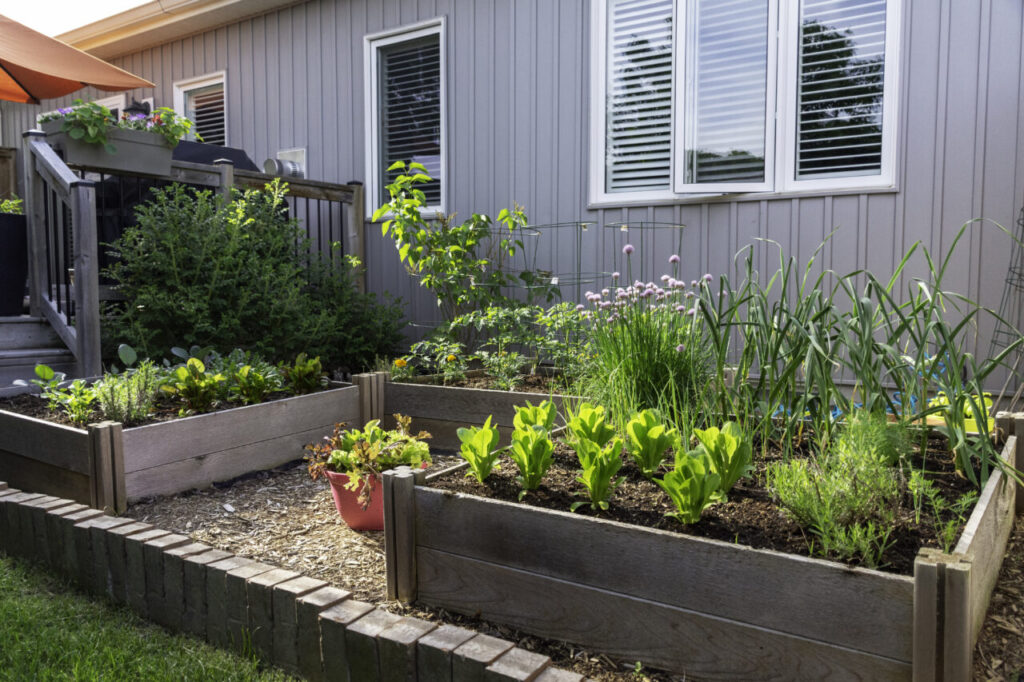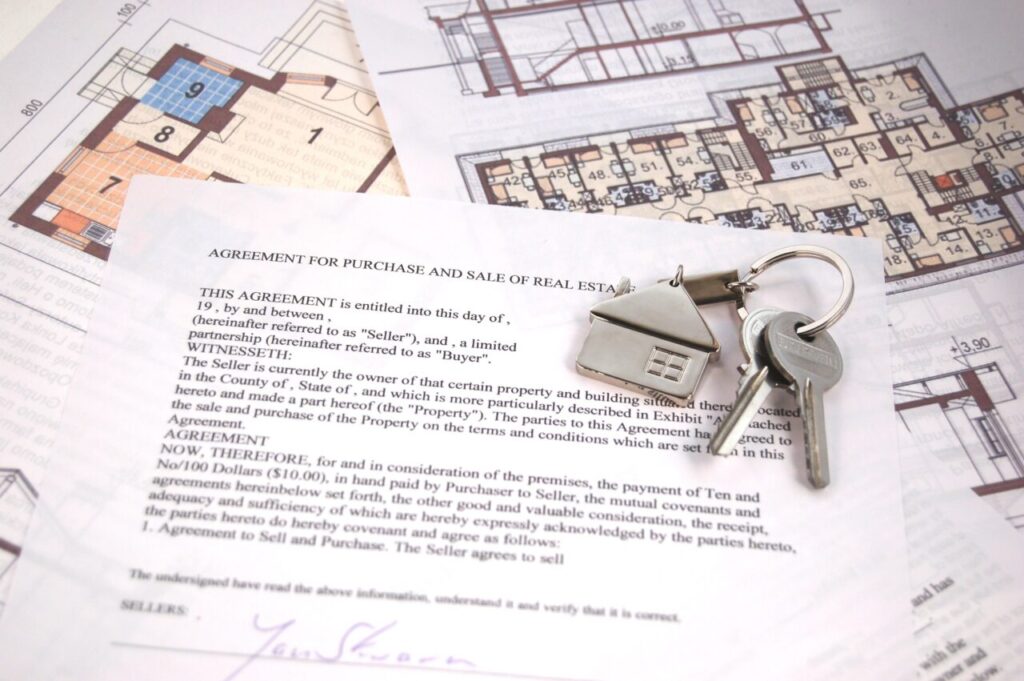SHOW NOTES:
In today’s episode, John and Beth talk about home finances. Which includes more than just the aspects of buying or selling a home. We discuss the financial nuances of home buying, but we also talk about the importance of tracking and managing ongoing finances as a homeowner. We break down common homeowner’s expenses, how to prepare for them and save money, why you should keep track of the value of your home, and ultimately, how to make smarter financial decisions related to your home.
IN THIS EPISODE:
● [02:06] Home finances related to buying a home
● [03:25] Closing costs and down payments
● [04:10] Understanding and tracking your investment
● [11:23] Home equity assets
● [12:49] Home inventory assets
● [14:35] Regular ongoing home expenses
● [18:59] How do you budget for ongoing home expenses?
● [23:23] Maintenance/repair expense
● [25:33] Hiring people for infrequent maintenance
● [28:40] How do you budget for these expenses
● [30:06] Home improvement expenses
KEY TAKEAWAYS:
● Your mortgage amount, down payment, and closing costs are all things to keep in mind when buying a home.
● Having title insurance is important because you want to protect the property that you’re buying, and title insurance does do that. It helps identify the long history of where the property was once purchased.
● Action Step: After you buy your home and move in, track how your estimated value of your home is increasing.
● Calculating your home equity is a simple equation. It’s the estimated value of your home minus the remaining balance on your mortgage. That’s the percentage that you own.
● The two most important ways that you can increase your equity is you live in a hot neighborhood and the value is going up and you’re paying off your mortgage.
● Regular home expenses include mortgage and insurance, utilities, service providers, lawn care, maintenance contractors, property taxes.
● It’s important to track what the market thinks your home is worth and what your county thinks your home is worth, which is how your property taxes are assessed based on.
● Action Step: Commit to creating a budget for home expenses (regular, annual, and irregular), track the actuals and then use that to make better smarter decisions in the future.
● Your home maintenance may be 1 to 4% of the total purchase price of your home. 1% if your house is less than five years old but once your house gets between five and 15 years old, that percentage increases to 2%.
LINKS MENTIONED:







